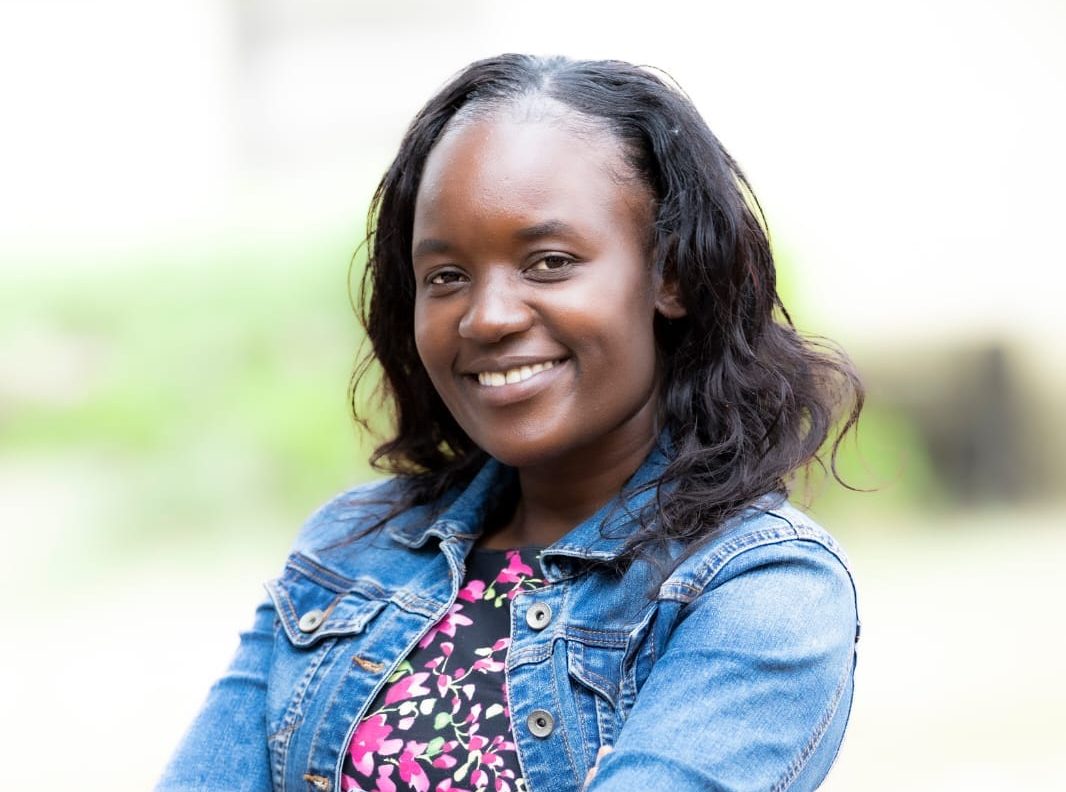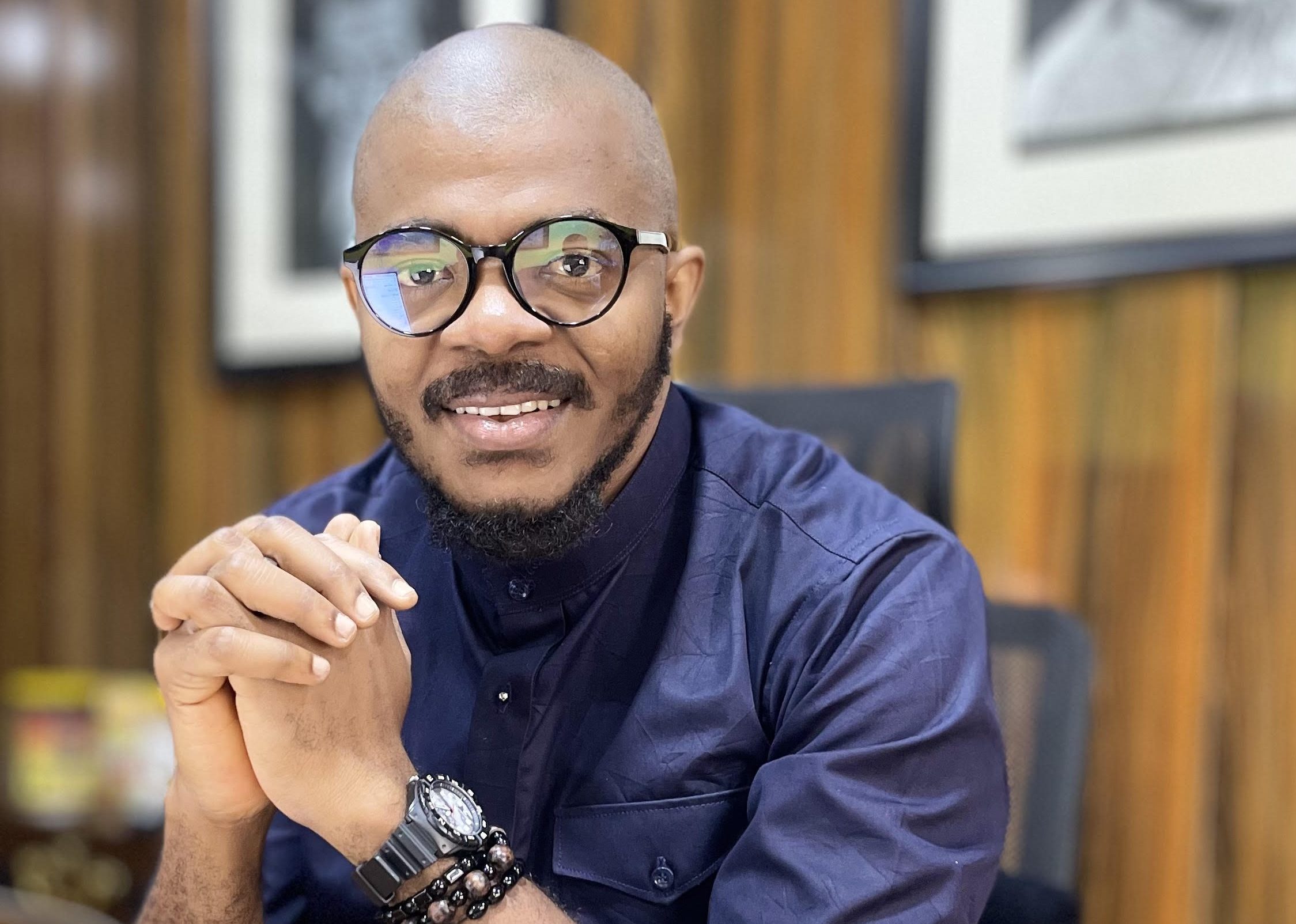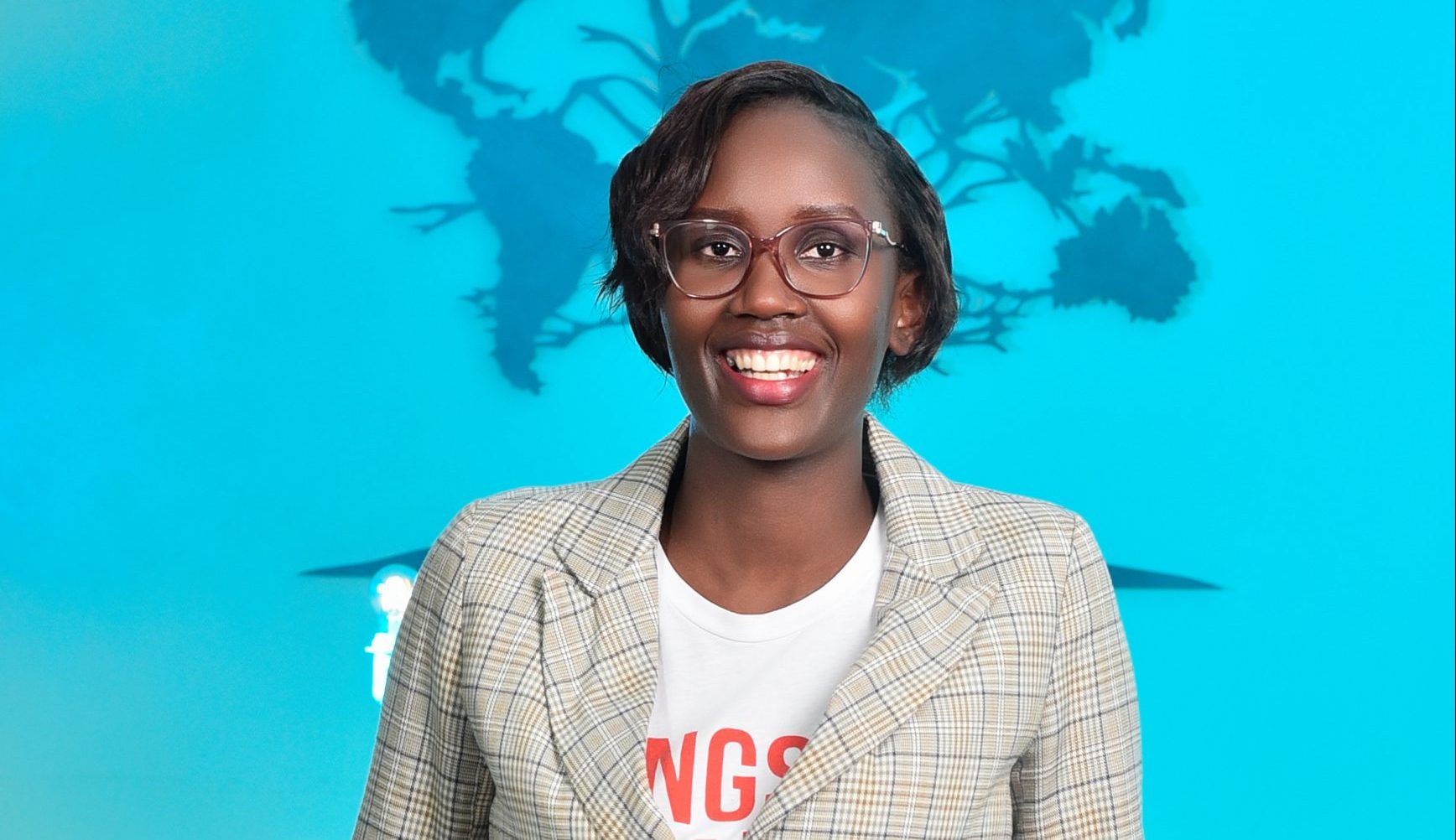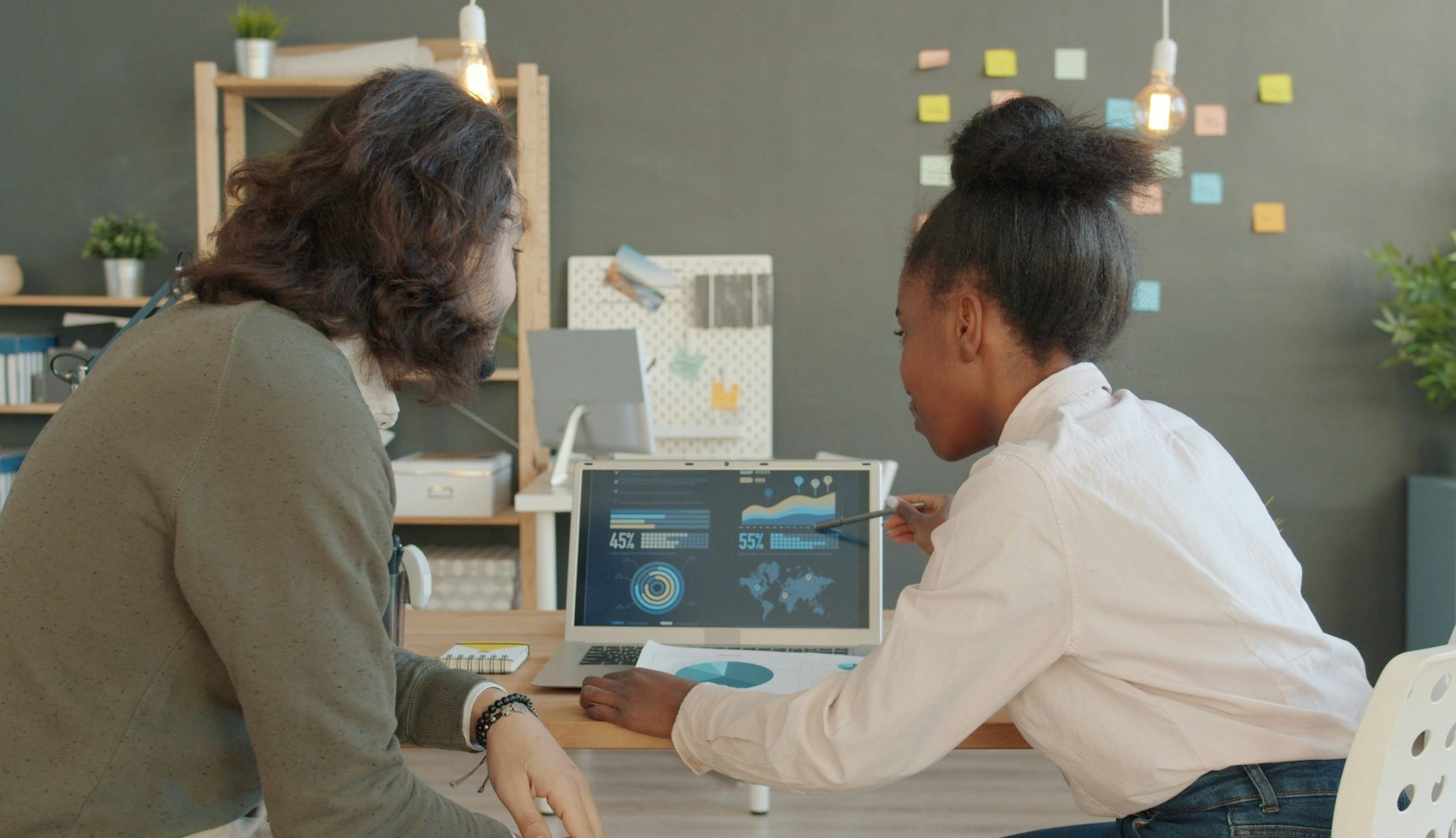Meet Sally Beth Anyanga, Senior Communications Officer for Africa at the International Federation of Red Cross and Red Crescent Societies. She first dreamed of becoming a news anchor, inspired by the presence of Beatrice Marshall on TV but in university, her path shifted. Sally discovered the power of Public Relations in building brands and making an impact. Now she digs deep to help local communities and share real, people-led stories. In her interview with us, she talks about how she balances it all, from fieldwork to family. She also gives helpful advice for young professionals looking to build a career in Development Communications.
How did you get started in Communications?
When I finished high school, I thought I was pretty enough to be on TV. I wanted to be a news anchor. I was really inspired by Beatrice Marshall, one of Kenya’s top journalists at the time who really had a strong presence.
So, I joined Daystar University to study media. But by my second year, I started seeing things differently. I realised that Public Relations could open more doors for me since it wasn’t just about the newsroom, but also about shaping stories, building brands, and influencing change behind the scenes. That’s when I made the switch. And just like that, my journey into the world of Communications began.
What does your role as Senior Communications Officer, Africa Region at International Federation of Red Cross and Red Crescent Societies (IFRC) entail?
In my role as the Senior Communications Officer, Africa Region at International Federation of Red Cross and Red Crescent Societies (IFRC), I lead communications for the REACH initiative. It’s a partnership with Africa CDC that helps improve community health across Africa. I work with Ministries of Health, Africa CDC, and Red Cross teams to share stories and information of how we’re making healthcare more accessible.
Before this, I was the East Africa Regional Communications Officer at the International Rescue Committee (IRC). There, I worked with global, regional, and national media to raise awareness of IRC’s work and highlight ongoing humanitarian crises across the region.
Can you walk us through how you approach storytelling in the context of humanitarian work?
For me, storytelling in humanitarian work starts with listening. I take time to hear from the people we work with. I listen to their experiences, their hopes, and what matters most to them. Consent and “do no harm” are at the core of how I work. I never take for granted the trust people place in me when they share their stories. I carry that responsibility seriously.
Then, I think about how to tell their story in a way that’s honest, respectful, and full of dignity. I focus on showing strength, resilience, and the real impact of the work we do.
I also ask myself: who’s going to read or watch this? What do they need to hear to understand and care? From there, I shape the story using simple language, real emotion, and strong visuals. I work closely with teams on the ground and partners to make sure everything is accurate and meaningful.
Over time, I’ve also learned that part of my role is not just to share stories but to shape the way we think about them. That’s where thought leadership comes in.
Whether I’m engaging with media, writing content, or speaking at forums, I try to challenge narratives that only show people as victims, and instead spotlight strength, resilience, and community-led solutions. To me, storytelling is helping people feel seen, heard, and understood.
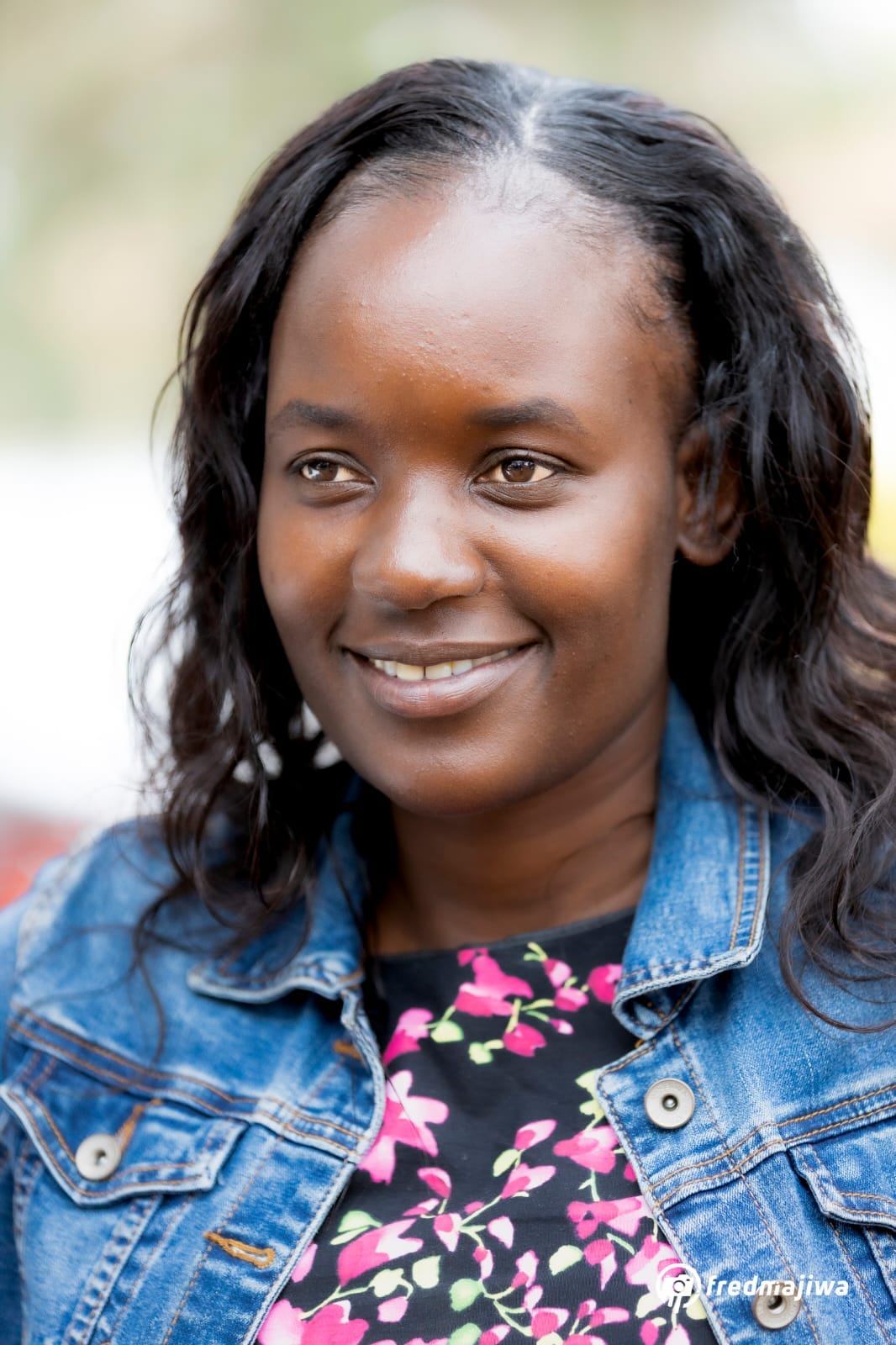
What is one challenge you often face in your role, and how do you deal with it?
One challenge I often face in my role is the amount of travel involved. I sometimes spend weeks in the field. In refugee camps and remote areas. While it’s incredibly meaningful work, it also takes me away from my family more than I’d like. Balancing that can be tough but I try to make the most of the time I have with my loved ones, and I remind myself why I do this work.
Being on the ground helps me tell stories that are real and impactful. Stories that wouldn’t be the same from behind a desk. It’s not always easy, but I’ve learned to be intentional both at work and at home. And I lean on the support of my team and family to stay grounded, even when the job pulls me far.
Tell us about some highlights from your career journey so far.
I’ve been lucky to work in roles that allow me to use communication to make a real impact.
At IFRC, It’s been powerful to help tell the story of how community health workers are transforming healthcare across Africa especially in places where access is limited. I also support in drafting the communication part in proposals, helping to show how storytelling, visibility, and community engagement contribute to the success of our work and attract the support needed to scale it.
Another proud moment was during my time at the International Rescue Committee (IRC) as East Africa Regional Communications Officer. I worked with top tier media outlets across the world to raise awareness of humanitarian crises that often go unnoticed. Being able to give a voice to affected communities and see their stories picked up by global outlets like New York times, CNN, BBC, WSJ, Reuters, AP, Telegraph, RFI, The Times and so many other’s was deeply rewarding.
I’ve also enjoyed building communications strategies, mentoring young communicators, and using storytelling to influence policy, funding, and public support.
What advice would you give someone who wants to work in Development Communications?
If you want to work in Development Communications, my advice is start with having a clear purpose. This field is not just about writing or media . it’s about people. So take time to really understand the communities you want to represent. Listen more than you speak. Learn what matters to them, and make sure your communication reflects that.
Also, be ready to adapt. Development work is fast-paced and complex. Some days you’ll be drafting a story, the next you’ll be writing the communications part of a donor proposal or preparing a media brief for an emergency. Flexibility and curiosity will take you far.
Another important thing , always stick to ethical storytelling. Get consent. Do no harm. Be accurate. You carry people’s voices, and that’s a big responsibility.
And finally, don’t wait for the “perfect” role to start. Volunteer, write blog posts, support small community projects . That’s where you learn, build your voice, and grow your confidence.


